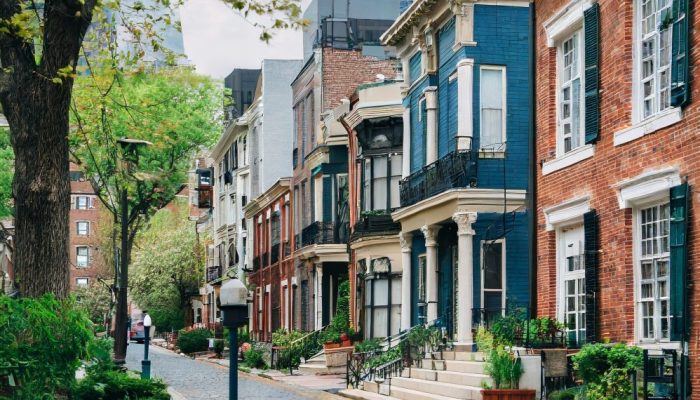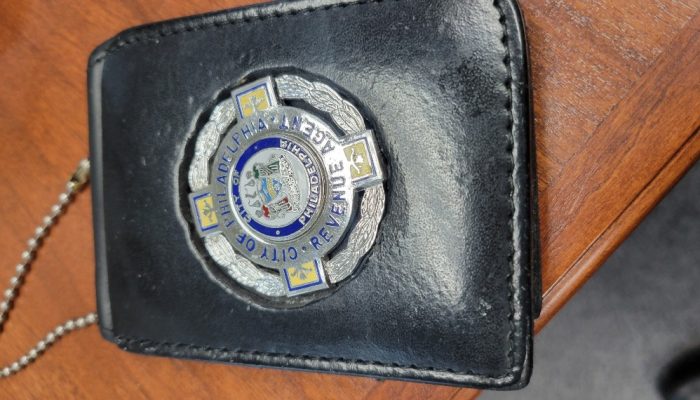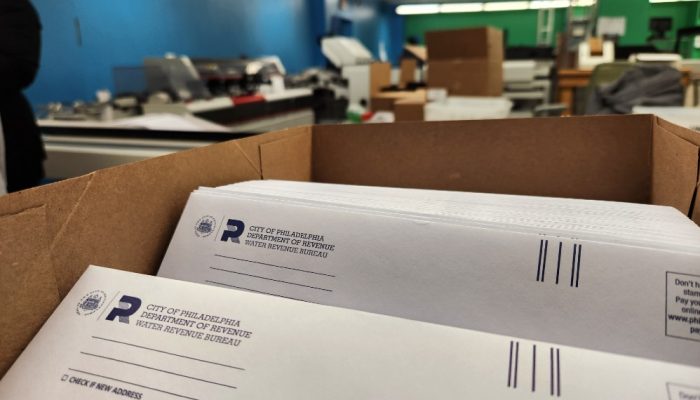Philadelphia Water Department (PWD) customers will see their bills go up this fall. This is because the Philadelphia Water, Sewer and Storm Water Rate Board (Rate Board) approved general rate changes and surcharges.
The new water, sewer, and stormwater rates became effective on September 1. Curious to know who sets Philly’s water rates? This blog post answers that question head-on.
Rate change process
It is important to understand that while PWD provides you with water, and the Water Revenue Bureau (WRB) bills you for it, they do not set the rates. That’s the job of the Rate Board.
Water rates are determined by the costs of providing water, wastewater and stormwater services to Philly residents and businesses. PWD must seek approval from the Rate Board before changing the rates it charges customers.
The Rate Board, appointed by the mayor and approved by City Council, doesn’t approve rates on its own either. Instead, it holds public hearings so residents can testify, ask questions, and provide feedback.
A public advocate represents the interests of smaller residential and business customers at these hearings. The Board also lets interested individuals and organizations participate directly in rate proceedings.
After reviewing the whole record, including recommendations of its hearing officer, the Board decides rates based on the criteria set by City Council.
What can you do to get involved?
Rate proceedings are your chance to be heard. These public proceedings determine whether the Board will accept, modify, or reject PWD’s request. So, in the event of future proposed rate changes, remember to provide input or submit comments to the Board at WaterRateBoard@phila.gov. You can also get email or text alerts about proposed rate changes by signing up for PWD email or text updates.
Why does the rate change?
PWD is a public, nonprofit utility. Rate increases are requested to cover the cost of providing important services and maintaining water infrastructure. This includes the cost of protecting local rivers from stormwater pollution.
For example, the City regularly replaces aging pipes that bring water to your home to ensure reliable service and safe and quality water. The same is true for the drains that carry sewage water from your home to local rivers.
How does all this affect your bill?
You’ve likely noticed four charges on your bill: water, sewer, stormwater, and service. As noted above, every charge contributes to the safety of Philadelphia’s neighborhoods and waterways. Here’s a breakdown:
- The water charge helps the City treat your water before it reaches your home. This money also helps maintain water mains and pumping stations.
- The sewer charge pays for the maintenance of the City’s three water pollution control plants.
- The stormwater charge is used to maintain stormwater pipes and inlets. This money also funds the Green City Clean Waters program, which uses green infrastructure to reduce stormwater pollution and flooding.
- The service charge covers operational costs, such as metering, pollution prevention, and billing.
Help is always available
The good news is that help is always available for qualifying residents who can’t afford their bills in full. A 25% discount is available to seniors 65 and older whose income is $38,800 or less. The Tiered Assistance Program (TAP) helps low-income residents lower the cost of their water bills. Even higher-income households experiencing a special hardship, such as job loss, may still qualify for water bill help.
You can access all water bill relief programs through one application. You should always submit an assistance application, even if you are unsure if you qualify. If you’re denied, you can take advantage of the City’s flexible payment agreement options to pay your bill. Ask a representative for more information.




